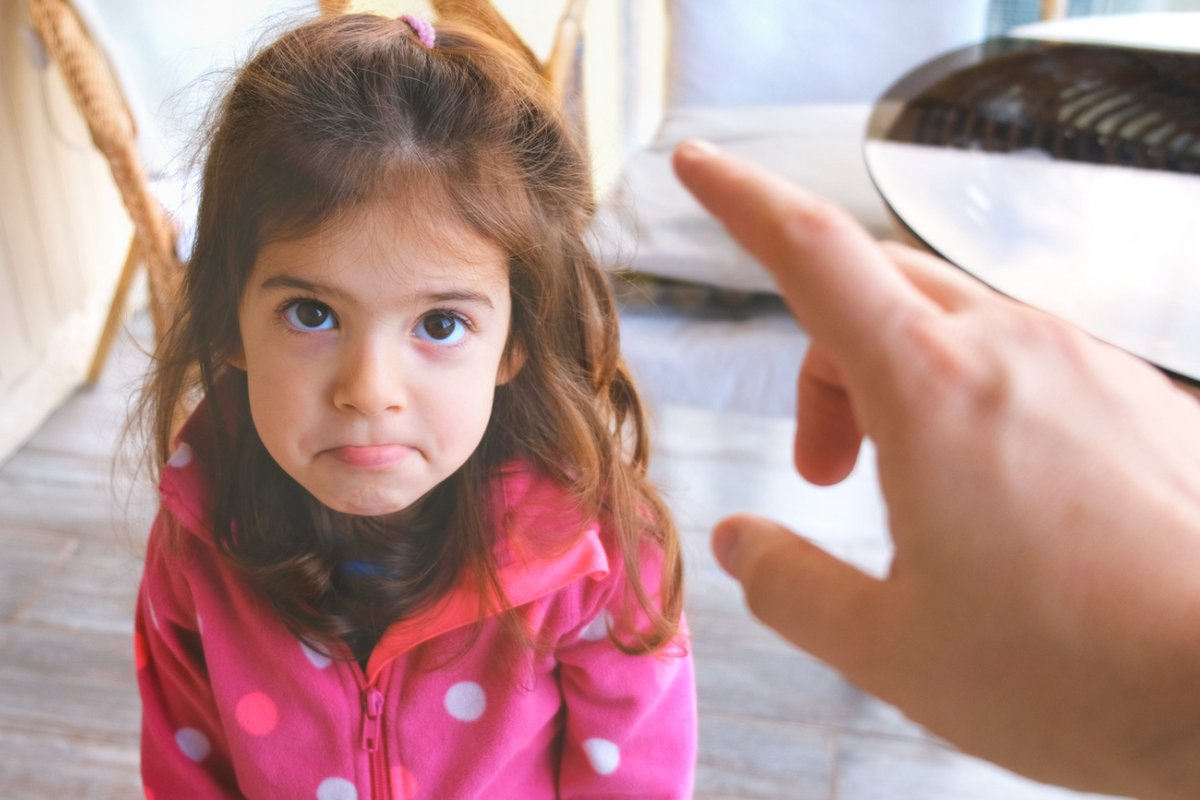Therapist strikes a chord by explaining why we worry about people being mad at us
Her "truth bomb" is setting people free.

This makes so much sense.
Millennials and their deeply embedded, multifaceted, personality-defining anxiety have become prime fodder for making fun of online by both older and younger generations (seriously though, why must we be such easy targets?! We’re the nice ones!).
One prime example of this is the constant fear millennials have over someone being angry or upset with them. Yeesh, even writing this sends shivers down my aging spine.
Luckily, for the very few of us that aren’t currently going to therapy—or already working through too many other issues—there’s a now viral TikTok explaining why we are the way we are.
Getting right to the point, therapist Maggie Nick explains:
“Why are you so f-ing terrified of making someone mad? Why do you say, ‘Are you mad at me?’ all the time?’ I’ll tell you—it’s a truth bomb, so hold my hand while I tell you this: It’s because nobody’s ever been mad at you, and still made you feel like they love you at the same time.”
When you've had a moment to collect yourself, read on.
@maggiewithperspectacles This is Relational Shame Trauma in action 💛 And healing our Inner Child is about comforting the parts of us who’ve never experienced someone being mad at us + still loving us 💛 Follow me for more ✨Inner Child Rehab✨ #innerchildrehab #innerchildhealing #maggiewithperspectacles ♬ original sound - Maggie Nick, LCSW
Nick then breaks down the common ways parents of bygone generations reacted when they were upset with children, and how those reactions are deeply connected with our fear response to upsetting someone now as adults.
“When our parents got mad, they made us feel like they didn’t love us — with their words, with their actions,” she says. “Your experience of people being mad at you is that they give you silent treatment. They withdraw and withhold love, attention, affections, a willingness to care for you when they’re mad at you. It’s our parents’ thing. ‘I’m not mad, I’m just disappointed,’ like disappointment isn’t a f-ing shame grenade.”
There are, of course, even harsher phrases many parents have used. And one particularly deep cutting one that Nick notes is “I love you, but I don’t like you right now.”
“When we are an attachment figure to a child and we drop something like that on their developing brain, they’re not going to be able to critically think and see the nuance there. They’re going to hear, ‘You don’t love me.’ And when we’re mad and say that, you really don’t love me,” she points out.
Boy, does that make sense. When you’re a kid, not being liked by your parent is devastating, even if they begrudgingly add the disclaimer of “I love you” at the beginning. Add to that being able to detect an intensely negative energy coming from a parent, and it’s a recipe for shame.
Bottom line that Nick concludes with:
“Your lived experience with anger is that it doesn’t go well for you. That person loves you one minute, and then when they get mad, they don’t give a sh*t about you. You have no value or worth to them. They not only don’t love you, they’re disgusted by you… that’s been your experience with anger. So of course you’re terrified to make people mad.”
Holy moly. This certainly gave viewers an aha-moment.
“Oh wow!! Thai explains a lot!!! No one has ever explained this to me. Over 40 and just learned something new,” one person wrote.
“Why do all of these hit me so hard in such a healing/revelatory way? Wow. Thank you. I needed to hear this,” added another.
Another simply said, “My childhood explained.”
What’s really great about this is not only that we now have a working knowledge on why anger can be so triggering, we are reminded of the importance of using non-violent communication when it’s us who are angry—especially at kids. Just another way to heal and break the cycle.
Nick has even more eye-opening video where that came from, addressing other issues like equating needing a rest with laziness, people pleasing, earning love through success, even how to end conversations (hint: it’s surprisingly easy). You can find all these, and more, by checking her out on TikTok.





 Dexters Laboratory What A Fine Day For Science GIF
Dexters Laboratory What A Fine Day For Science GIF The bread doesn't lie. Facebook/Jaralee Metcalf
The bread doesn't lie. Facebook/Jaralee Metcalf Rihanna Nails GIF
Rihanna Nails GIF A Gen X text convo with Gen ZPhoto credit: Annie Reneau
A Gen X text convo with Gen ZPhoto credit: Annie Reneau Oh Yeah Mic Drop GIF by Taylor Bisciotti
Oh Yeah Mic Drop GIF by Taylor Bisciotti